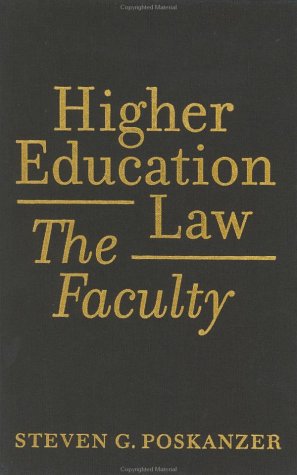

Most ebook files are in PDF format, so you can easily read them using various software such as Foxit Reader or directly on the Google Chrome browser.
Some ebook files are released by publishers in other formats such as .awz, .mobi, .epub, .fb2, etc. You may need to install specific software to read these formats on mobile/PC, such as Calibre.
Please read the tutorial at this link: https://ebookbell.com/faq
We offer FREE conversion to the popular formats you request; however, this may take some time. Therefore, right after payment, please email us, and we will try to provide the service as quickly as possible.
For some exceptional file formats or broken links (if any), please refrain from opening any disputes. Instead, email us first, and we will try to assist within a maximum of 6 hours.
EbookBell Team

4.8
34 reviews''What do the attorneys say?''
''Why didn't you get the lawyers involved before now?''
Just about every department chair and dean, certainly every provost and president, and an ever-increasing number of faculty find themselves asking—or being asked—such questions. Dealing with issues ranging from academic freedom to job security and faculty discipline, lawyers, legal requirements, and lawsuits has become an established part of the apparatus of American higher education.
Higher Education Law was written to help faculty and administrators navigate critical legal issues and avoid potential legal pitfalls. Drawing on his experience as university counsel, administrator, and teacher at a number of institutions, Steven G. Poskanzer explains the law as it pertains to faculty activities both inside and outside the academy, including faculty roles as scholars, teachers, and members of institutional communities, as well as employees and public citizens. In each of these areas, he expands his discussion of cases and decisions to set out his own views both on the current status of the law and how it is likely to evolve.